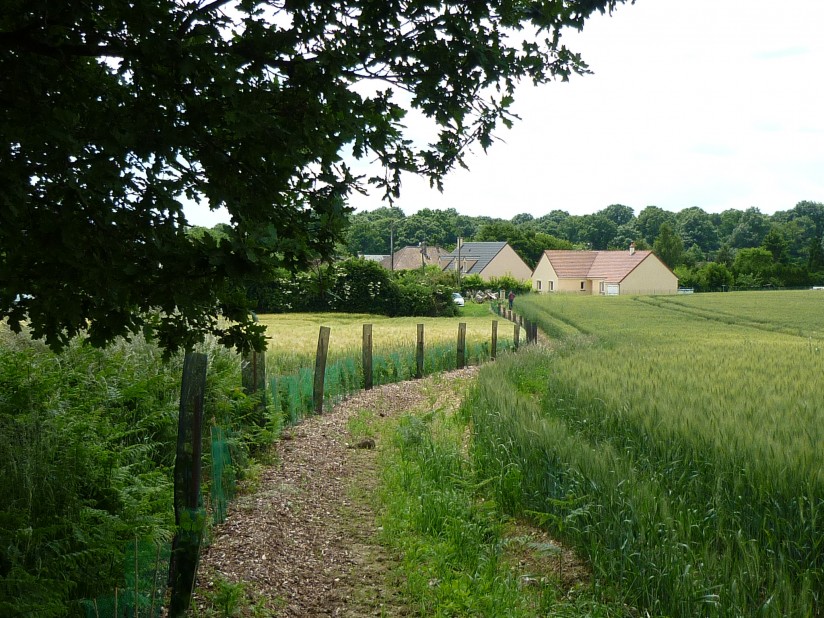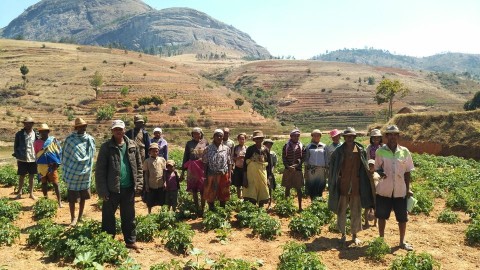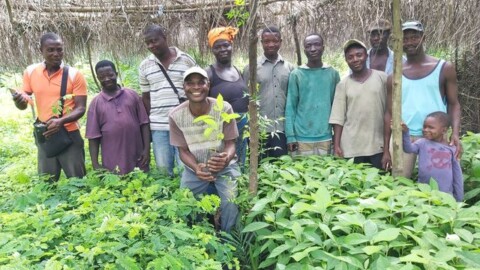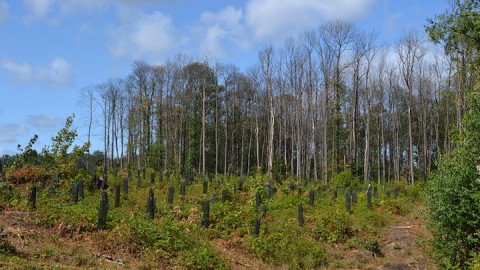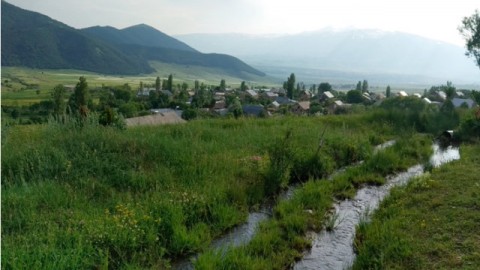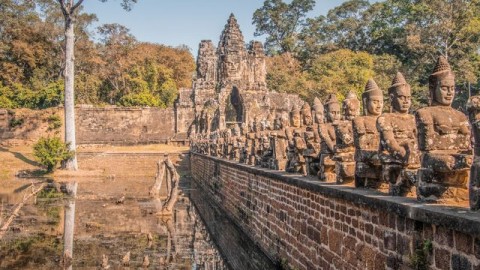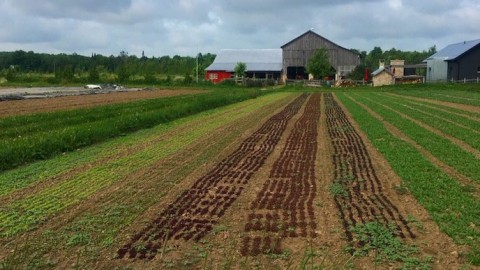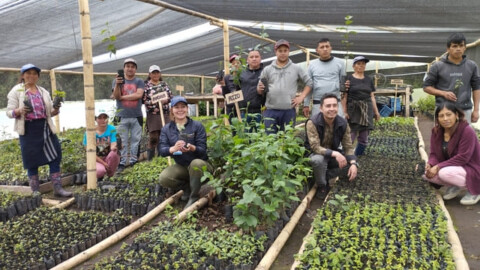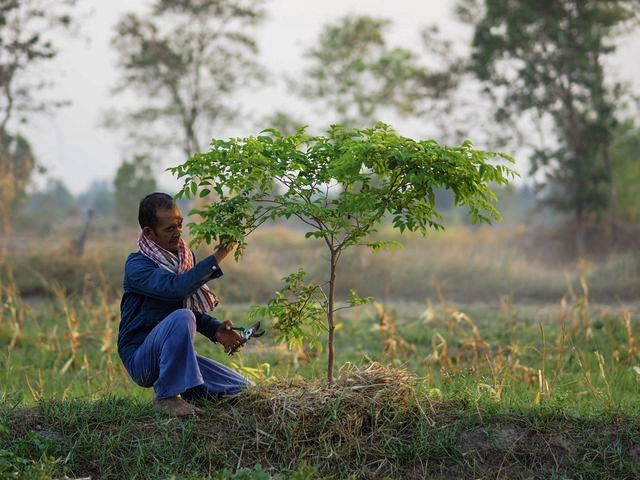
Background & challenges
The Dhamma Rakhsa project aims to help small organic rice producers in the Isan region of northeastern Thailand. This area faces multiple challenges: environmental, economic and social.
In this region, a strong tradition of preserving community forests continues to exist. Each village has a small wooded area used for picking. These areas are now very small because the valleys were completely deforested for agricultural crops, such as rice, several decades ago. Soils are degraded, and biodiversity has declined. The alternation of unexpected periods of floods and droughts linked to the disruption of the water cycle impacts crops.
Rice producers, most of whom live below the poverty line, are threatened by food insecurity. Health and education infrastructure is limited. This poverty sometimes pushes young women into prostitution networks in the city.
The Dhamma Rakhsa project is composed of:
- tree plantations on the dikes of rice fields to enrich the soils, and provide other sources of income for farmers: fruits or leaves for therapeutic purposes, natural fertilizer for crops, particularly through nitrogen-fixing trees;
- reforestation of community plots to provide timber for villagers, and stabilize hillside soils.
Trees will also provide a fresher microclimate, thus mitigating the effects of climate change. In this tropical region, tree growth is fast, leading to significant carbon sequestration.
The project will enable villagers to diversify and stabilize their incomes, and regenerate the ecosystems on which they depend.
Project type

Agroforestry et forestry
Beneficiaries

Small organic rice producers. Almost as many women as men.
Number of trees

3,300 trees to be planted, of which 2,500 are expected to remain over time
Species planted

As part of the project, 15 native or naturalized species will be planted, including:
- fruit trees: cashew tree (Anacardium occidentale), mango tree (Mangifera indica), jaquier (Artocarpus heterophyllus)
- trees with therapeutic properties: tamarind (Tamarindus indica), amla (Phyllanthus emblica)
- timber trees: payoong (Dalbergia cochinchinensis Pierre), kratan thepa (Acacia mangium) which fixes atmospheric nitrogen.
Partner

PUR Projet
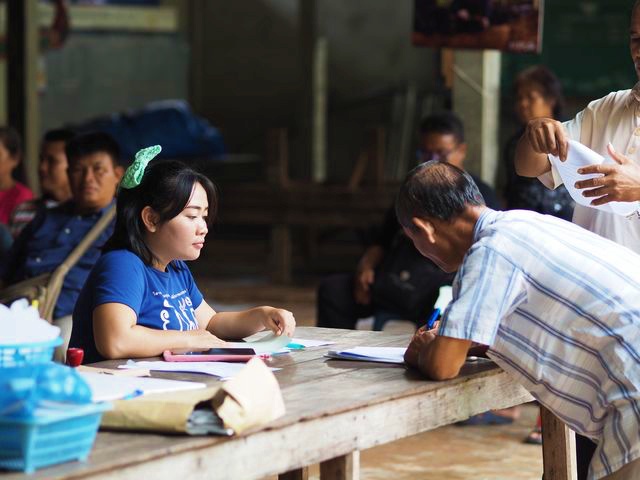
Works timeline
- September – December 2019: sharing the planting program with producers and pre-registration of participants
- January – April 2020: preparation of seedlings in nurseries, collecting information in the planting registry, training producers
- May 2020: preparation of seedlings
- June 2020: distribution of seedlings
- July – August 2020: planting
- October – December 2020: monitoring of plants between three and six months after planting
- 2021: monitoring of plants between one and two years after planting
Planting partner
PUR Projet helps companies to restore the ecosystems on which they depend, while enabling local communities to improve their living conditions through long-term projects. Through agroforestry, land conservation and sustainable agricultural practices, PUR Projet helps companies strengthen and secure their supply chains. As a social enterprise, PUR Projet reinvests its profits in the development of innovative projects, encouraging local entrepreneurial initiatives for a responsible, positive and virtuous economy.
Budget
The total budget to be collected is €12,500 or €5 per tree, broken down as follows:
- Installation costs (nursery and transport, financial incentives, technical assistance): €2.20
- Short-term provisions (replanting buffer): €0.40
- Long-term provisions (monitoring, training, supply chain develoment): €0.32
- Project development and overhead costs: €1.08
- A Tree for You collection, monitoring and communication costs (20%): €1


